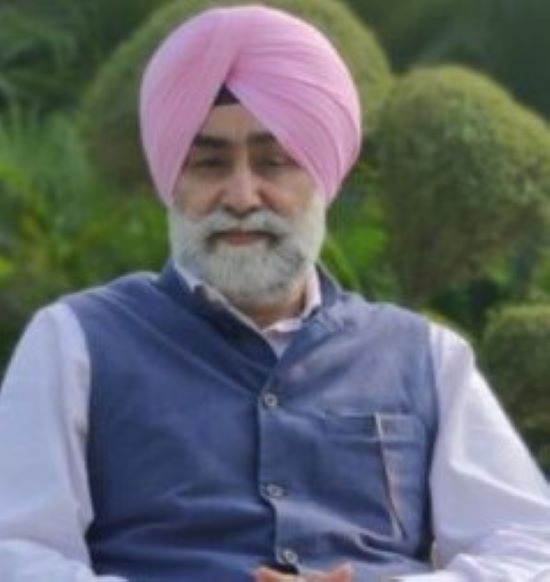
A farmer and keen observer of current affairs
Union minister Kiren Rijiju’s charge, amplified on X, is blunt: “Rahul Gandhi is going on a very dangerous track… working in coordination with George Soros, anti-India Khalistani forces, and Left organisations… George Soros has kept aside one trillion dollars to destabilise the Indian government.”This is not routine political sparring. It is an allegation of a coordinated foreign-funded conspiracy to destabilise and undermine India’s democracy. Such a charge cannot be brushed aside. But nor should it be accepted without verifiable evidence.
Why the Allegation Matters
When a sitting minister claims that the Leader of the Opposition is tied to foreign efforts to destabilise India, the stakes are national, not partisan. If true, the allegation points to a serious national security threat. If false, it represents a dangerous erosion of democratic norms by painting the opposition as “anti-India” without substantiation.
The Soros Factor: Who is George Soros and why does it matter
George Soros is a billionaire philanthropist whose Open Society Foundations report about \$25 billion in assets and \$32 billion in lifetime giving. His political positions are openly critical of strongman leaders, including Prime Minister Modi. In 2023, Soros suggested the Adani crisis could weaken Modi’s hold and “open the door to a democratic revival.” These are ideological critiques, not evidence of a covert “trillion-dollar” plot. The numbers alone make such a claim implausible without extraordinary proof. He was also blamed during the 1997 Asian financial crisis, though evidence of deliberate targeting was never established. Beyond markets, Soros has channelled over \$30 billion through his Open Society Foundations to support democracy, civil society, and minority rights worldwide, especially in post-communist Eastern Europe. While his philanthropy has challenged authoritarian regimes, it has also made him a lightning rod for criticism and conspiracy theories, often exaggerated or antisemitic in tone. In India too, Soros has repeatedly attracted controversy, with allegations that he has tried to destabilise the country, including claims of involvement in the 2024 elections against Prime Minister Modi, the 2020 farmers’ protests, and the Adani controversy.
Farmers’ Protest and “Vote Chori”
Allegations that Soros funded the 2020–21 farmers’ protest remain unsupported by credible evidence. Fact-checks and academic work point instead to farmer unions, Sikh institutions, and diaspora solidarity as drivers of the movement.
The current “vote chori” row is likewise a domestic political and institutional dispute. Rahul Gandhi has petitioned the Supreme Court for an SIT probe into alleged irregularities in Bengaluru Central. The Election Commission has demanded either a sworn affidavit or an apology. Ground reports have revealed irregularities worth probing, but nothing so far ties this to foreign financing.
What Should Happen Next
Government: Extraordinary allegations demand extraordinary proof. If money trails, FCRA-linked bank records, or communications exist, they should be published and tested in court.
Opposition: If the claims are false, Rahul Gandhi and the Congress should not ignore them. A robust offensive—legal and political—would be necessary to safeguard both reputation and democratic credibility.
Institutions: Agencies and courts must probe impartially. The FCRA framework, tightened in 2020, gives the government tools to detect covert foreign flows. If such evidence exists, it must be shown. If not, accountability for making baseless claims should follow.Either way, the consequences are grave. If Rijiju’s allegations are correct, India faces a direct assault on its sovereignty. If incorrect, India faces the corrosion of democratic trust by reckless rhetoric.
This is not a matter for soundbites. It is a test of evidence, institutions, and accountability. Until clarity emerges, India hangs between two equally serious dangers: the possibility of foreign-funded subversion, or the normalisation of unproven charges against elected leaders.